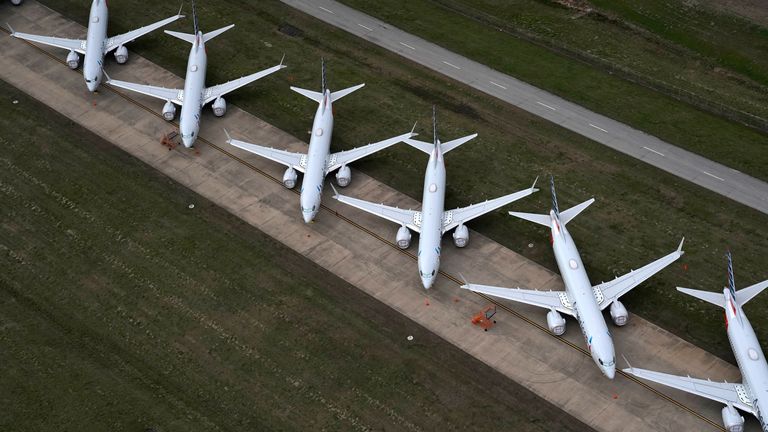The House Committee on Transportation and Infrastructure has passed the “Aircraft Certification Reform and Accountability Act,” which is legislation to strengthen the Federal Aviation Administration’s (FAA) aircraft certification process in response to the crashes of two Boeing 737 MAX aircraft.
This bipartisan bill, which was introduced and subsequently approved by the T&I Committee earlier this year, is designed to address problems identified in multiple reviews and investigations of the Boeing 737 MAX. Among other things, the “Aircraft Certification Reform and Accountability Act” that would require manufacturers to adopt safety management systems, lock in new requirements on the disclosure of safety-critical systems, strengthen FAA oversight of industry, expand whistleblower protections, require focused reviews of international pilot training, better account for human factors, and help the FAA recruit and retain skilled personnel.
“After our extensive 18-month investigation into the 737 MAX—culminating in the release of the Majority Staff’s final report just two months ago—I’m proud we are taking this important step today to fix the broken system that allowed Boeing to put profits over safety and push a flawed airplane through the regulatory process, ultimately leading to the deaths of 346 innocent people,” said Chair DeFazio said. “While we can’t bring back the lives lost on Lion Air flight 610 and Ethiopian Airlines flight 302, we owe it to their loved ones—and every member of the flying public and the aviation workforce—to make the necessary reforms to the system in order to improve public safety and ensure accountability at all levels. I look forward to working with the Senate to send a final bill to the president’s desk as quickly as possible.”
The “Aircraft Certification Reform and Accountability Act” has received broad public support from organizations throughout the aviation industry. Statements of support can be found here, and a full list of groups supporting this legislation can be found here.

